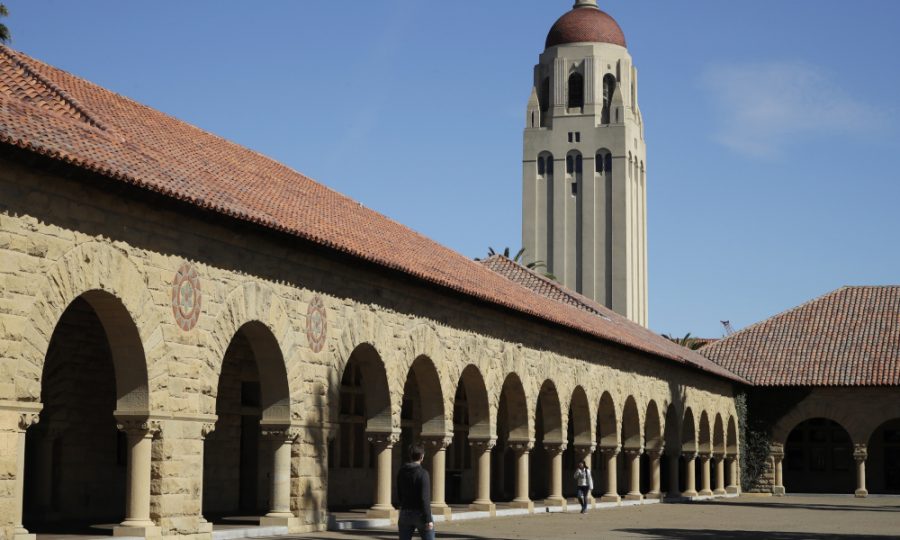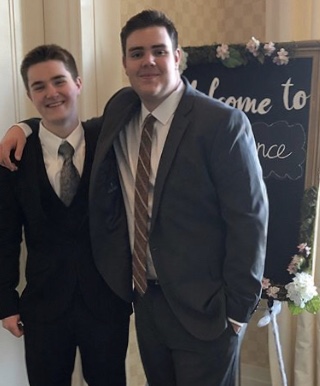College admissions scandal sparks aid legality debate for elite schools
$25 million admissions scandal
Stanford University responds to bribery case, expelling student.
April 28, 2019
The Department of Education has placed eight top colleges under investigation for reportedly accepting bribes in exchange for admission. The investigation of Yale, Stanford, Georgetown, University of San Diego, Wake Forest, the University of Texas at Austin, University of California, and the University of South Carolina has shined a light on 33 parents charged in association with the case with indictments ranging from fraud to bribery.
This frequently discussed issue has sent low and middle-class families in an uproar.
The scandal has sparked even more questions, not just about bribery, but about the legality of private aid. Parents can pay for a team of college consultants, who provide guidance for a student’s school career, starting as early as eighth grade. Guidance includes what classes to take, schools to attend, and even what sports to play, all in an effort to breed the student for a specific college.
Many now question the legality of admission aid, and whether it is fair that those large sums of disposable money can pay their way to the top in a totally legal way. In fact, Dr. Christopher Robinson posed that exact question to his senior English classes.
“I believe that something like this should not be regulated by law, but I do consider it rather taboo,” said senior Patrick Meinen. “It is not okay. However, it is not the government’s business, especially regarding private universities.”
While unfair, it seems the government has no legal right to regulate a private firm. College aid breaks no actual law but seems to place too much regard on college entrances.
“It doesn’t seem criminal or illegal. It does seem unnecessary,” said Robinson. “There is an unnecessary focus on getting into elite schools. It shows an overall culture of fear. Fear of getting in the right school for the wrong reasons, instead of just being yourself.”


